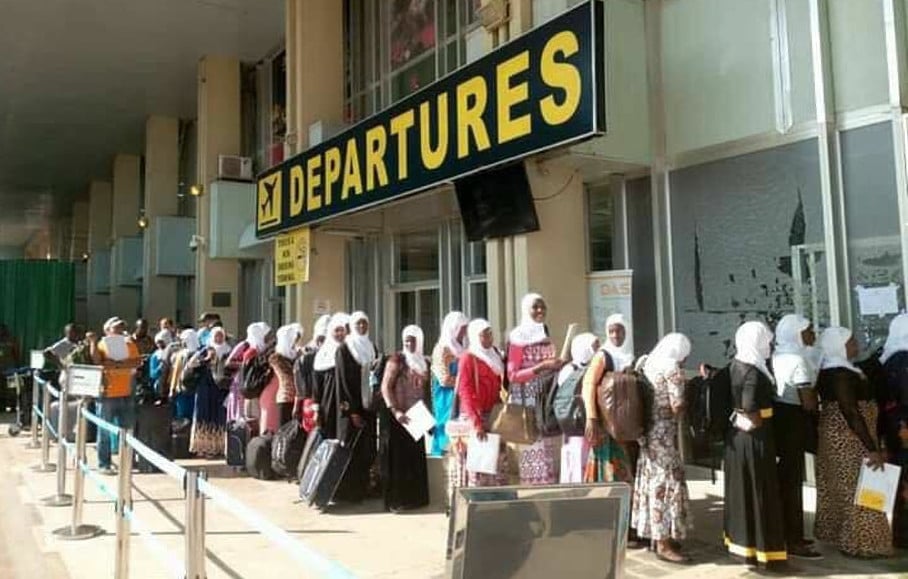Museveni Warns Youth Against Risky Middle East Jobs

President Museveni has cautioned young Ugandans against unsafe labor migration, particularly to Middle Eastern countries, urging them instead to embrace opportunities in Uganda’s domestic economy.
He highlighted commercial agriculture, manufacturing, ICT, and services as key sectors for job creation and long-term transformation.
Speaking shortly after his nomination by the Electoral Commission to contest in the 2026 presidential elections, Museveni emphasized the risks facing Ugandans seeking employment abroad.
“You find our children going to Dubai. What are you going to do in Dubai? Here, we have got potential for more jobs than the Dubai’s can have. We have got everything here. You leave wealth here and go to Dubai to work as slaves,” Museveni said.
The warning comes against a backdrop of rising youth unemployment. According to the Uganda Bureau of Statistics, youth unemployment stands at about 13.3%, with more than 40,000 university graduates entering the job market annually to compete for fewer than 9,000 formal jobs.
Uganda’s Ministry of Gender, Labour and Social Development estimates that over 200,000 Ugandans are currently employed in the Middle East, mainly in Saudi Arabia, the United Arab Emirates, Oman, and Qatar.
While some migrate legally through recruitment agencies, others are trafficked under false pretenses.
Human rights reports indicate that migrants often face harsh working conditions, confiscated passports, forced labor, sexual abuse, and, in extreme cases, death.
Museveni condemned this dependency on foreign jobs, arguing it exposes young people to exploitation.
“In this economy, the GDP of Uganda has doubled currently in the recent Kisanja from $34 billion to $66 billion," he said.
"You have everything today that you lacked in the past: electricity, roads, telephones, manpower, the educated people, and peace. That’s why we are being flooded by many investors because they are looking for a peaceful and profitable area where to invest."
The president urged Ugandans to seize opportunities in productive sectors at home, pointing to ongoing government initiatives to attract investment in agro-processing, industrial parks, ICT hubs, and service industries.
Analysts, however, note that while Uganda’s economy has expanded, job creation has not kept pace with population growth.
With more than 70% of the population under 30, the labor force grows by nearly 600,000 annually, many of whom struggle to find formal employment—a gap that continues to push youth toward risky migration.
Museveni’s message underscores the need for Uganda to expand vocational training, promote entrepreneurship, and accelerate programs that absorb young people into decent work.
Without addressing unemployment at home, the lure of Middle East jobs, despite their dangers, may remain irresistible for many.



0 Comments